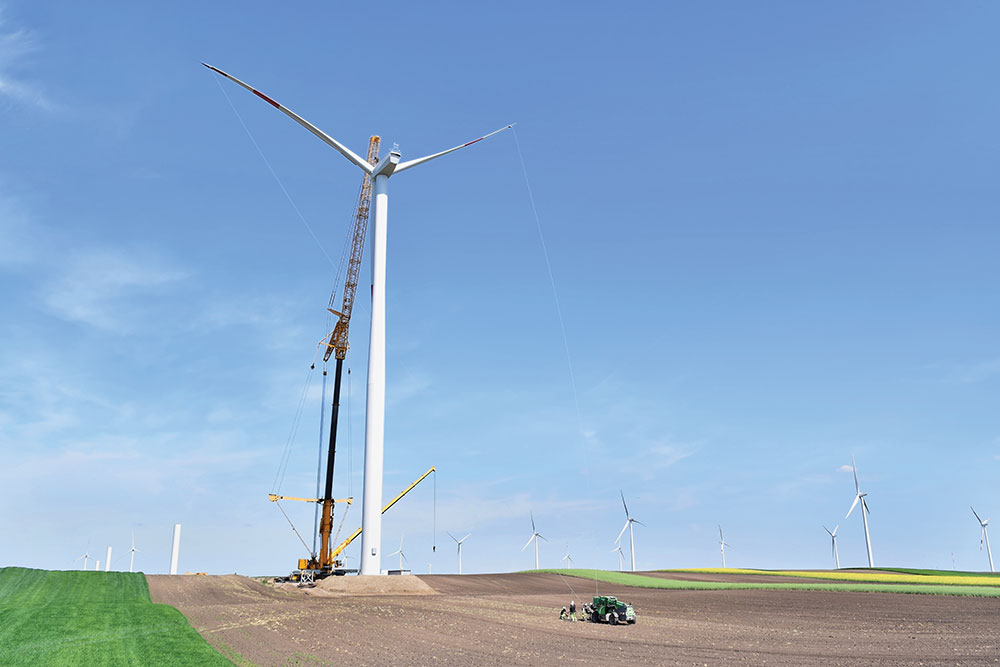Picture, if you will, an inspector in the field encountering a piece of electrical equipment that is not NRTL labeled or whose label has somehow been misused. The next day, the product has somehow been marked or corrected. Yet, it doesn’t seem a National Recognized Testing Laboratory (NRTL) field verification or evaluation was conducted. So how, exactly, did this equipment get the NRTL mark?
by Gary Flom, Service Line Leader and L. Matthew Snyder, Certification Director, Intertek
It is, unfortunately, somewhat common that listed, certified equipment has, for some reason, not been properly NRTL labeled. More unfortunate is the practice for some manufacturers to try to ship a label from the factory to the field to label the equipment on-site, which is typically not allowed by the certifying NRTL. It is important for inspectors to know and understand that manufacturers should not apply NRTL labels in the field without the NRTL’s oversight. It is better to alert customers to the proper steps while also notifying the NRTL about concerns around the equipment.
Equipment may be mislabeled or unlabeled for any number of reasons. Perhaps it was a simple case of forgetfulness or a mistake on the label or nameplate. In other cases, equipment may have been modified in some way that no longer fits with the original certification and listing. In these cases, the manufacturer may think that they can simply affix the label outside the factory because the product is certified.
It’s easy to understand why manufacturers might believe this to be true; however, the only person who can apply a label in the field or outside the factory is a representative of the NRTL. There may be exceptions to this rule, but it is always safe to assume the involvement of the NRTL is required. This goes back to the testing and certification process and the subsequent Authorization to Mark, or ATM, granted to the manufacturer.
During the testing and certification process, each NRTL evaluates samples of products to applicable standards to ensure they comply with the requirements of the standards. If the products are compliant, the certification team issues the ATM to the client, attesting the product is legally approved to be labeled with the NRTL’s certification mark, referring to the applicable standard and model numbers. However, this certification and ATM applies to specific factories and manufacturing locations noted in the ATM, which are under surveillance by the NRTL to ensure compliance is maintained and listed products are produced the same way in accordance with the listing report. The surveillance covers the parts used, manufacturing processes, and required production line testing.
Generally, the ATM does not apply to locations outside the noted factories, such as the field, project site, or other third-party settings. This is because these other locations are outside the scope of the NRTL’s ongoing surveillance. Labels can only be applied in the specific facilities listed in the ATM. Manufacturers cannot produce marking plates with NRTL marks and/or NRTL labels and send them to other locations to be affixed to a product.
Any equipment that has left the factory noted in the ATM without an NRTL mark must instead be field verified by the NRTL, who must first verify the equipment has not been modified and adheres to the qualifications and compliance included in the ATM. In most cases, the NRTL represented must also apply or witness the application of the label. And, in the case of modified equipment or products otherwise excluded from the original ATM, a field evaluation is warranted to ensure compliance.
Returning then to the scenario of the missing or incorrect NRTL label on-site, it is important for inspectors to know that manufacturers, contractors, or others should not apply labels in the field. If you encounter incorrect (or missing) labels, inform the customer about the issue and instruct them to contact the NRTL who issued the original certification and ATM so they can conduct a field verification or field evaluation, if needed. Inspectors should also never hesitate to contact the NRTL with any concerns, questions about a product or piece of equipment, suspected misuse, or questions about certifications and reports.
A common misunderstanding about the NRTL’s ATM and what it means can lead to confusion in the field. Working with not only NRTLs but manufacturers can alleviate questions and ensure a smoother process for project approval and completion. Don’t hesitate to instruct manufacturers who may simply not understand how missing or incorrect NRTL labels need to be addressed. Doing so will only help the industry and the public stay compliant and safe.











Find Us on Socials